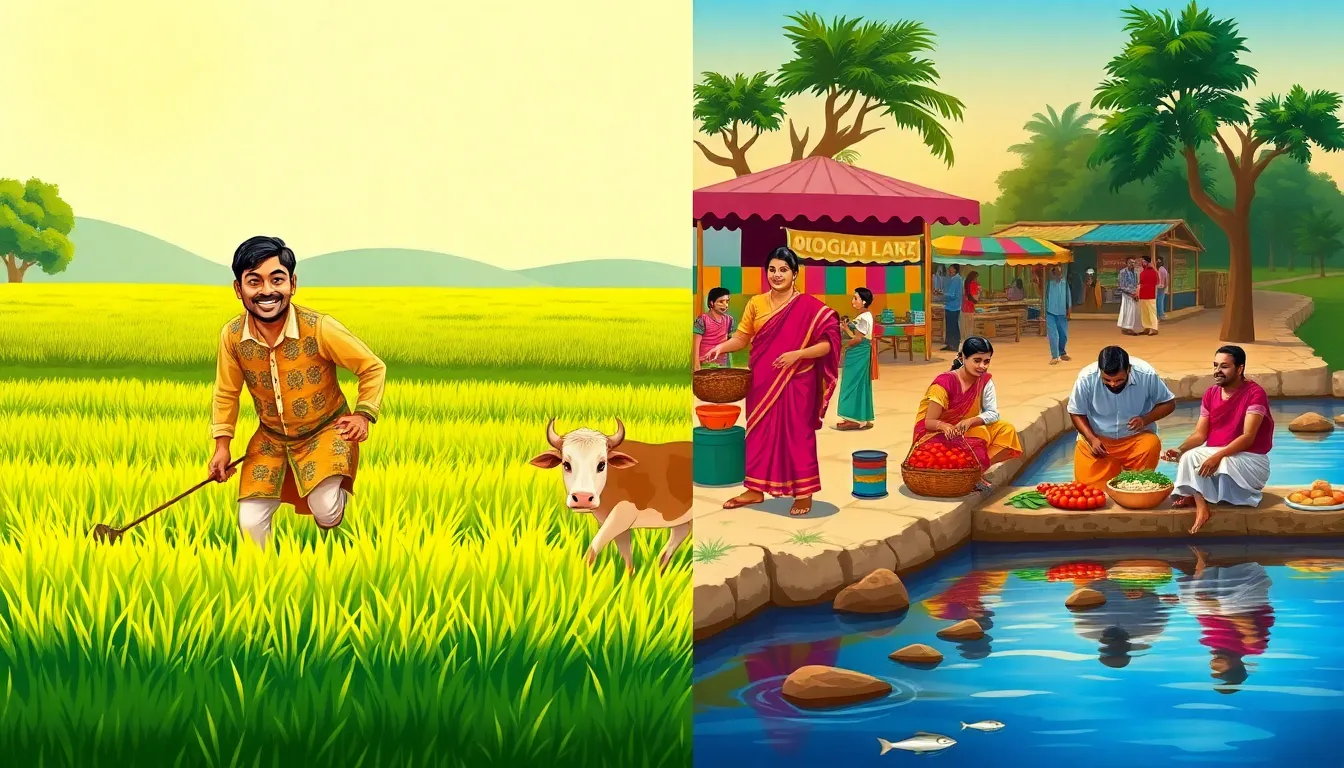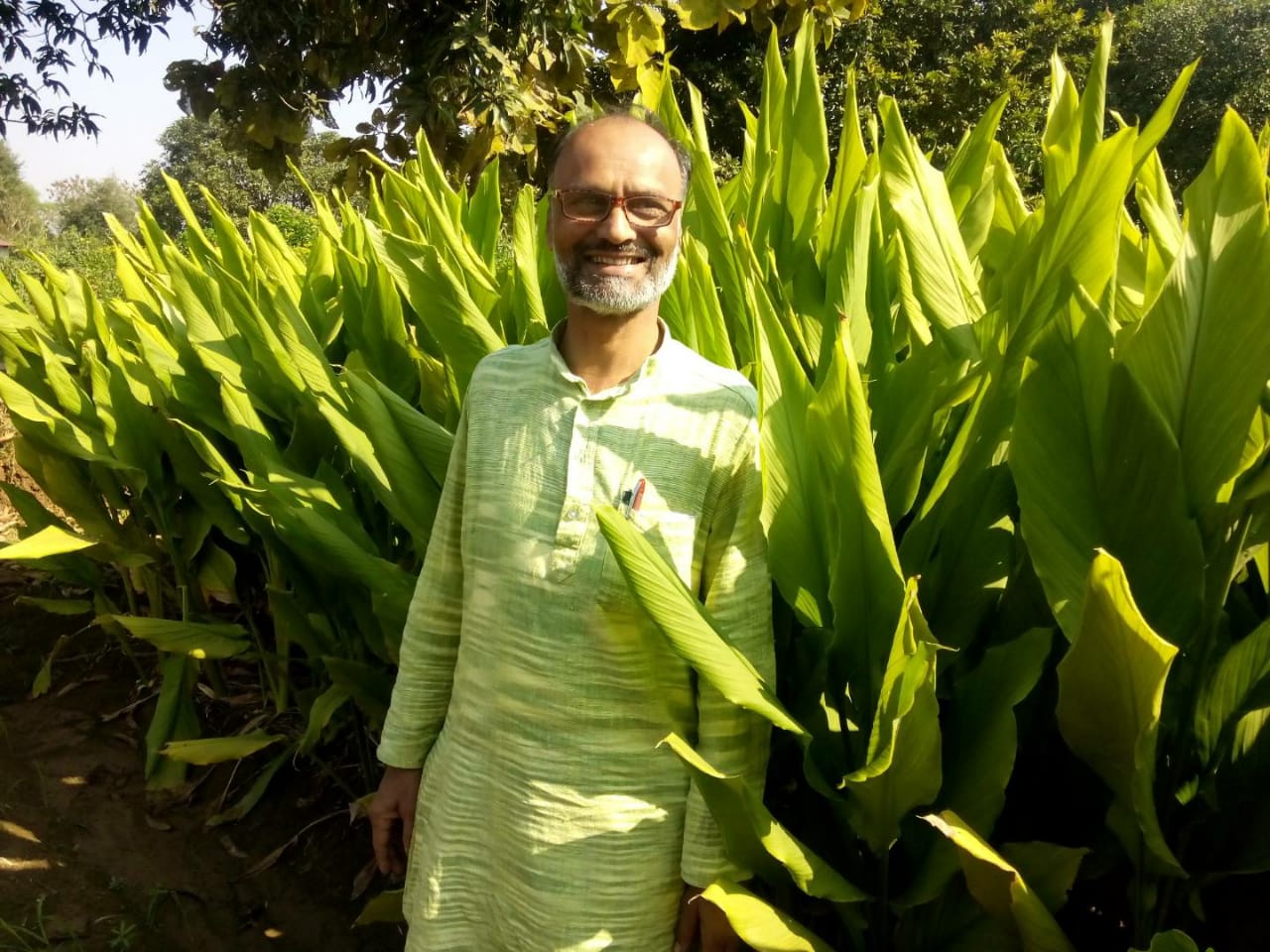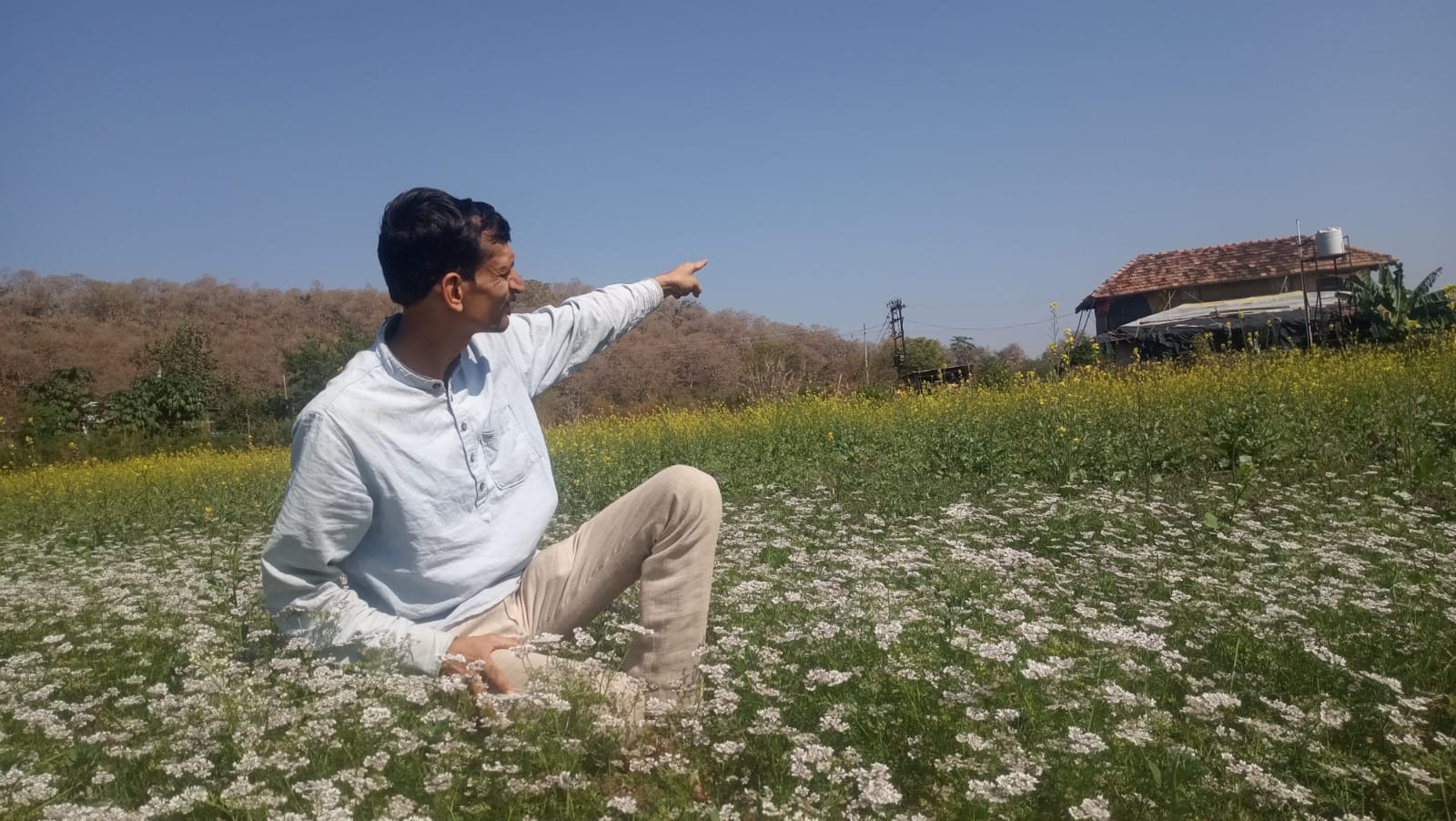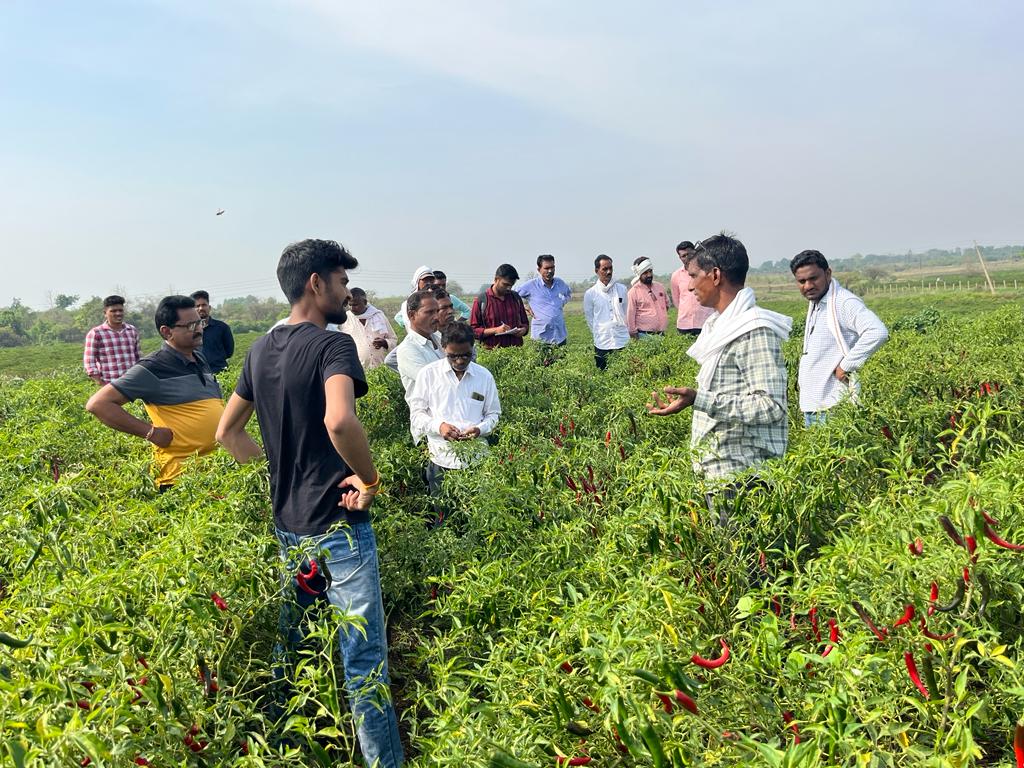In a revolutionary move, Prof. Chittaranjan Kole is changing the way agriculture works in India. He believes that farmers should lead their own learning and development. The ‘Farmers’ Academy’ is his idea to bring this vision to life. This approach puts farmers in charge of their education, research, and the services they need. Prof. Kole’s model is not just a theory; it is being tested in West Bengal, where it shows great promise.
For decades, Indian agriculture has been controlled by a top-down system. Ministries and scientists decide what farmers need and how to educate them. But Prof. Kole wants farmers to take back control. He argues that true empowerment comes from farmers being involved in decision-making. His ‘Farmers’ Academy’ is designed to put farmers at the centre of agricultural education and policy-making.
Prof. Kole has a long and respected career in science. He has worked for over 35 years in fields like genomics and biotechnology. He has received many awards and recognitions for his contributions, including the Outstanding Crop Scientist Award in 2012. His work has been praised by several Nobel Laureates.
The ‘Farmers’ Academy’ focuses on five key areas: food, health, nutrition, energy, and environmental security. This comprehensive approach is called FHNEE security. It recognizes that agriculture must do more than just feed people; it must also support health and the environment.
The traditional agricultural education system often overlooks what farmers really need. Despite having many research institutes and agricultural universities, farmers are not actively involved in the decision-making process. Prof. Kole’s critique highlights the need for a shift in this approach. He believes that agricultural education should be more practical and engage farmers directly.
The structure of the ‘Farmers’ Academy’ is democratic. It operates at national, state, district, and block levels, with farmers making important decisions. Farmers will choose what research is needed and what training is most useful for them. This empowers them to control their learning and development.
The Academy will also use digital tools to connect farmers with information. A dedicated website, newsletters, and social media will provide a platform for real-time communication. This ensures that farmers can quickly access the training and resources they need.
Prof. Kole’s model also changes the role of scientists and professors. Instead of being seen as authority figures, they will work for the farmers. This means that scientists will be hired to serve farmers’ needs, not to dictate what farmers should do. This new relationship fosters a more collaborative approach to agricultural research.
Market access is another crucial aspect that the ‘Farmers’ Academy’ addresses. Farmers will have more control over pricing and will be supported by Farmer Producer Organizations (FPOs). This network will help them negotiate better prices and access markets more effectively.
The initial tests of this model at Bidhan Chandra Krishi Viswavidyalaya have shown positive results. Farmers who were given access to facilities engaged actively and provided valuable insights. This pilot project demonstrated that when farmers are empowered, they can lead effectively.
The integration of Farmer Producer Organizations with the Academy is vital. Together, they can create value chains that benefit farmers directly. This collaboration will help them tackle challenges like market access and credit issues.
Prof. Kole’s vision is not just about education but about creating a new agricultural ecosystem. His approach encourages farmers to be innovators and experimenters. They hold vast knowledge from years of practice, and it is time to recognize their contributions.
The ‘Farmers’ Academy’ is more than an educational institution; it is a movement aimed at transforming agriculture in India. As global food systems face increasing pressure, this model offers a hopeful alternative. By placing farmers at the centre of the agricultural landscape, Prof. Kole is helping to reclaim their rightful leadership. This initiative promises to restore dignity, empower farmers, and revolutionize farming practices in India and beyond.




